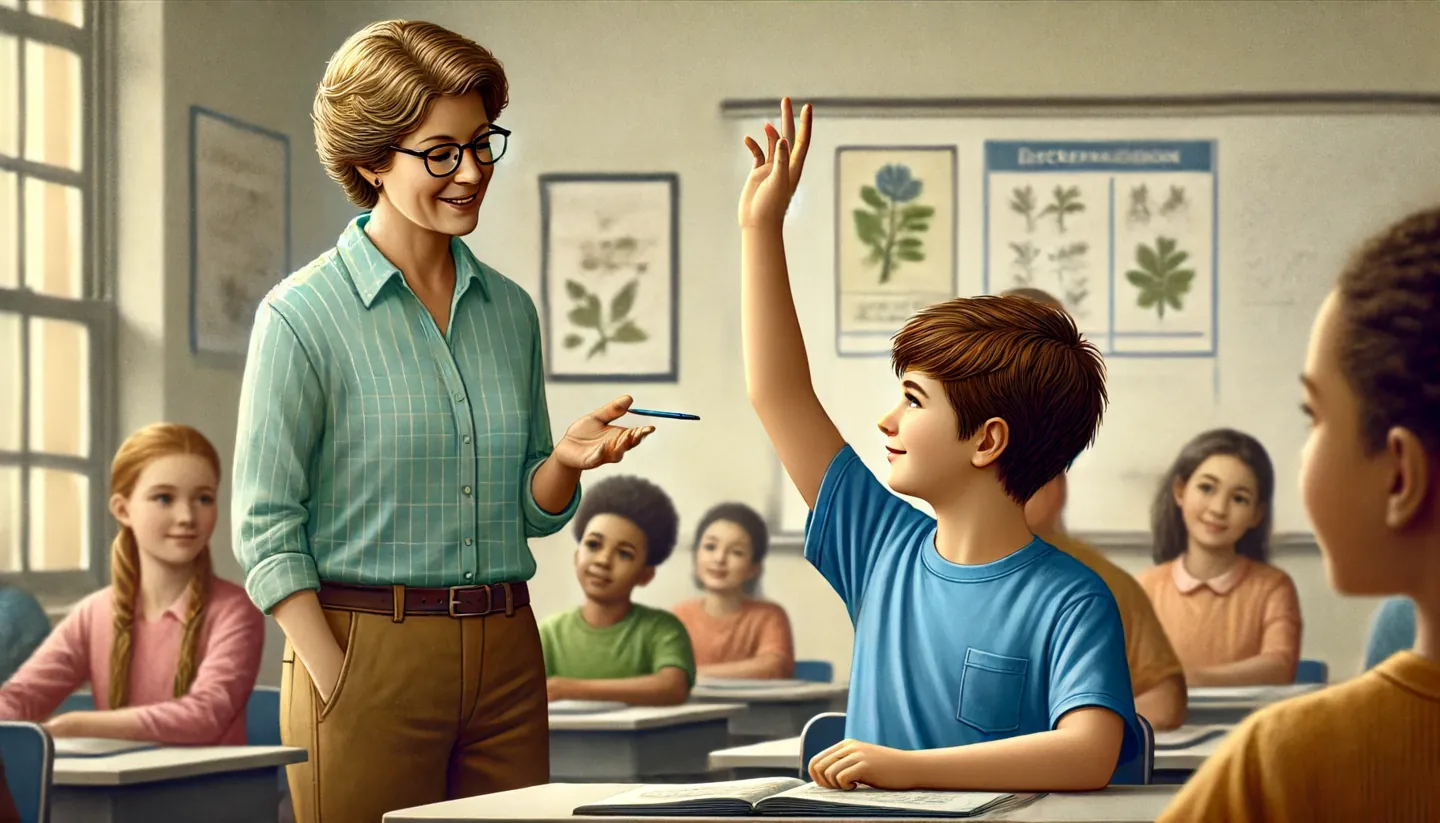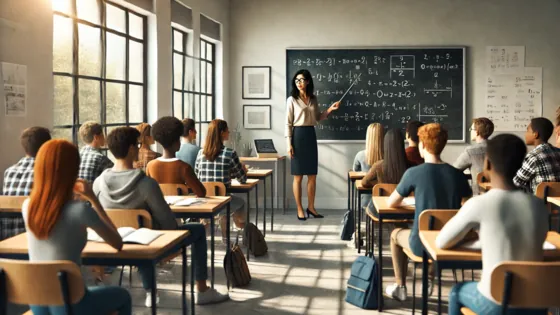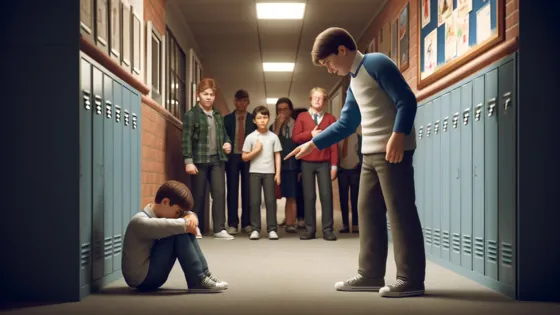In contemporary society, critical thinking is increasingly recognized as a foundational skill essential for students to effectively navigate the ever-evolving challenges of life and work. Acquiring this skill empowers learners to meticulously analyze incoming information, formulate well-grounded conclusions, and make thoughtful decisions. This article explores various strategies aimed at enhancing critical thinking skills among school-aged students.
Understanding Critical Thinking

Critical thinking involves the capability to scrutinize data and arguments, critically assess their validity and significance, and make informed decisions. In a world saturated with rapidly changing and often contradictory information, critical thinking is indispensable for both personal and professional growth.
Key Elements of Critical Thinking
- Analysis: The ability to dissect information into components, identify pivotal elements, and understand their interconnections.
- Evaluation: The skill to assess the reliability and relevance of data and arguments.
- Inference: The capacity to draw reasoned conclusions based on analysis and evaluation.
- Explanation: The proficiency in articulating thoughts, arguments, and reasoning clearly and coherently.
- Self-regulation: The ability to monitor one’s own thought process, allowing for adjustment of conclusions and approaches in light of new information.
Approaches to Enhance Critical Thinking Skills

- Socratic Questioning: This approach employs rigorous scrutiny of a subject through structured inquiry, enhancing comprehension and revealing underlying assumptions and logical flaws.
- Debates and Dialogues: Consistent participation in debates cultivates the capacity to effectively articulate personal viewpoints and critically assess others’ arguments, thereby enhancing mental agility and expediting decision-making processes.
- Case Study Technique: Commonly utilized in business and legal education, this strategy involves the examination of actual or theoretical situations to bolster critical thinking by dissecting complex problem elements and pinpointing the most effective solutions.
- Analysis of Textual Arguments: This involves a meticulous evaluation of the arguments, origins, and contexts of written materials, which is crucial for nurturing critical thinking skills.
- Reflective Practices: The ongoing practice of writing diary entries, essays, and reflective notes promotes profound reflection on educational content and aids in developing individual perspectives.
- Creative Problem-Solving: Engaging in tasks that demand inventive and imaginative solutions enhances critical thinking by requiring detailed analysis and the discovery of the best possible solutions.
- Instructional Simulations: Utilizing role-play and simulations in an educational context enables participants to make decisions within safe, yet true-to-life environments, thereby fostering critical thinking.
In summary, critical thinking is more than an academic skill; it is essential for both professional success and personal growth. The development of this skill demands consistent effort and time but is ultimately rewarding, significantly improving professional effectiveness and quality of life.
Exercises to Develop Critical Thinking

Critical thinking is a pivotal skill that aids in analyzing information, highlighting essential details, and finding logical and practical problem solutions. Various exercises can activate and deepen analytical capabilities, which can be implemented in educational or individual practices.
- News Analysis: Aim to identify biases and critically evaluate information by selecting multiple news articles on the same event from different sources. Analyze how information presentation varies, which facts are emphasized, and potential biases in each source.
- Debates: Develop the ability to argue and perceive multiple sides of an issue by organizing debates on current topics. Participants should prepare arguments for and against and defend a designated stance, even if it opposes their personal view.
- What If? Scenarios: Enhance strategic thinking and planning by inviting participants to consider a hypothetical scenario and develop multiple outcome scenarios. For example, "What if oil sales were to stop tomorrow?" Participants should consider the implications for various life aspects and propose possible solutions.
- Case Studies: Improve practical problem-solving skills by analyzing real or fictional cases related to business, law, medicine, etc. Participants should discuss potential actions and propose solutions.
- Research Projects: Encourage self-driven information gathering and analysis by having participants select an interesting topic and conduct thorough research, concluding with a presentation of their findings backed by factual data and analysis.
- Reflective Writing: Enhance the ability to reflect on personal experiences and articulate lessons learned by having participants write reflections after any activity or project, assessing their actions, decisions made, consequences, and lessons for future scenarios.
Conclusion

Developing critical thinking in students is a process that requires time and consistency. Employing a variety of methods and approaches helps students learn to think independently and critically, laying a robust foundation for future success in any professional field.










